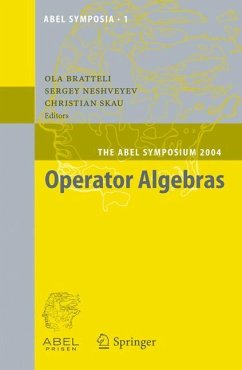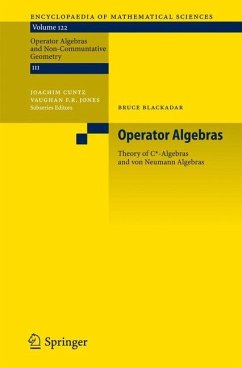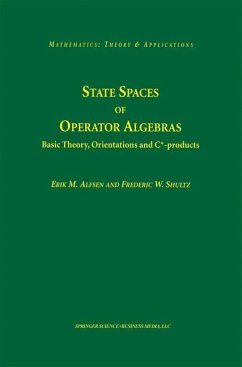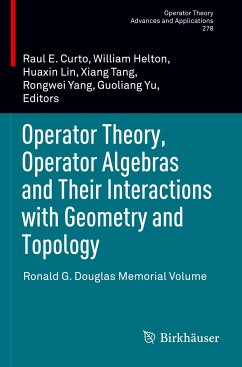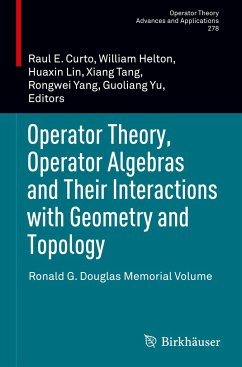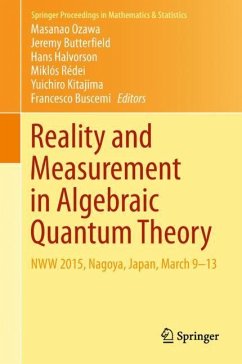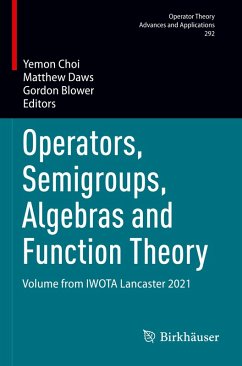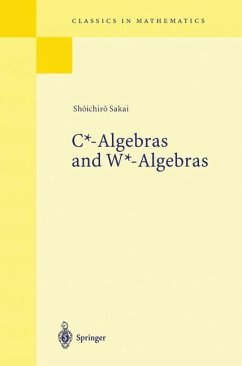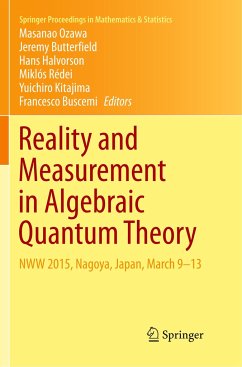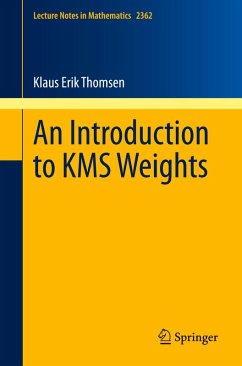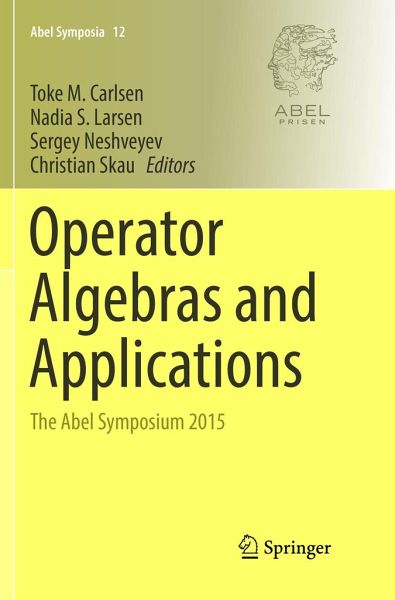
Operator Algebras and Applications
The Abel Symposium 2015
Herausgegeben: Carlsen, Toke M.; Larsen, Nadia S.; Neshveyev, Sergey; Skau, Christian
Versandkostenfrei!
Versandfertig in 6-10 Tagen
166,99 €
inkl. MwSt.

PAYBACK Punkte
83 °P sammeln!
Like the first Abel Symposium, held in 2004, the Abel Symposium 2015 focused on operator algebras. It is interesting to see the remarkable advances that have been made in operator algebras over these years, which strikingly illustrate the vitality of the field. A total of 26 talks were given at the symposium on a variety of themes, all highlighting the richness of the subject.The field of operator algebras was created in the 1930s and was motivated by problems of quantum mechanics. It has subsequently developed well beyond its initial intended realm of applications and expanded into such diver...
Like the first Abel Symposium, held in 2004, the Abel Symposium 2015 focused on operator algebras. It is interesting to see the remarkable advances that have been made in operator algebras over these years, which strikingly illustrate the vitality of the field. A total of 26 talks were given at the symposium on a variety of themes, all highlighting the richness of the subject.
The field of operator algebras was created in the 1930s and was motivated by problems of quantum mechanics. It has subsequently developed well beyond its initial intended realm of applications and expanded into such diverse areas of mathematics as representation theory, dynamical systems, differential geometry, number theory and quantum algebra. One branch, known as "noncommutative geometry", has become a powerful tool for studying phenomena that are beyond the reach of classical analysis.
This volume includes research papers that present new results, surveys that discuss the development of a specific line of research, and articles that offer a combination of survey and research. These contributions provide a multifaceted portrait of beautiful mathematics that both newcomers to the field of operator algebras and seasoned researchers alike will appreciate.
The field of operator algebras was created in the 1930s and was motivated by problems of quantum mechanics. It has subsequently developed well beyond its initial intended realm of applications and expanded into such diverse areas of mathematics as representation theory, dynamical systems, differential geometry, number theory and quantum algebra. One branch, known as "noncommutative geometry", has become a powerful tool for studying phenomena that are beyond the reach of classical analysis.
This volume includes research papers that present new results, surveys that discuss the development of a specific line of research, and articles that offer a combination of survey and research. These contributions provide a multifaceted portrait of beautiful mathematics that both newcomers to the field of operator algebras and seasoned researchers alike will appreciate.



